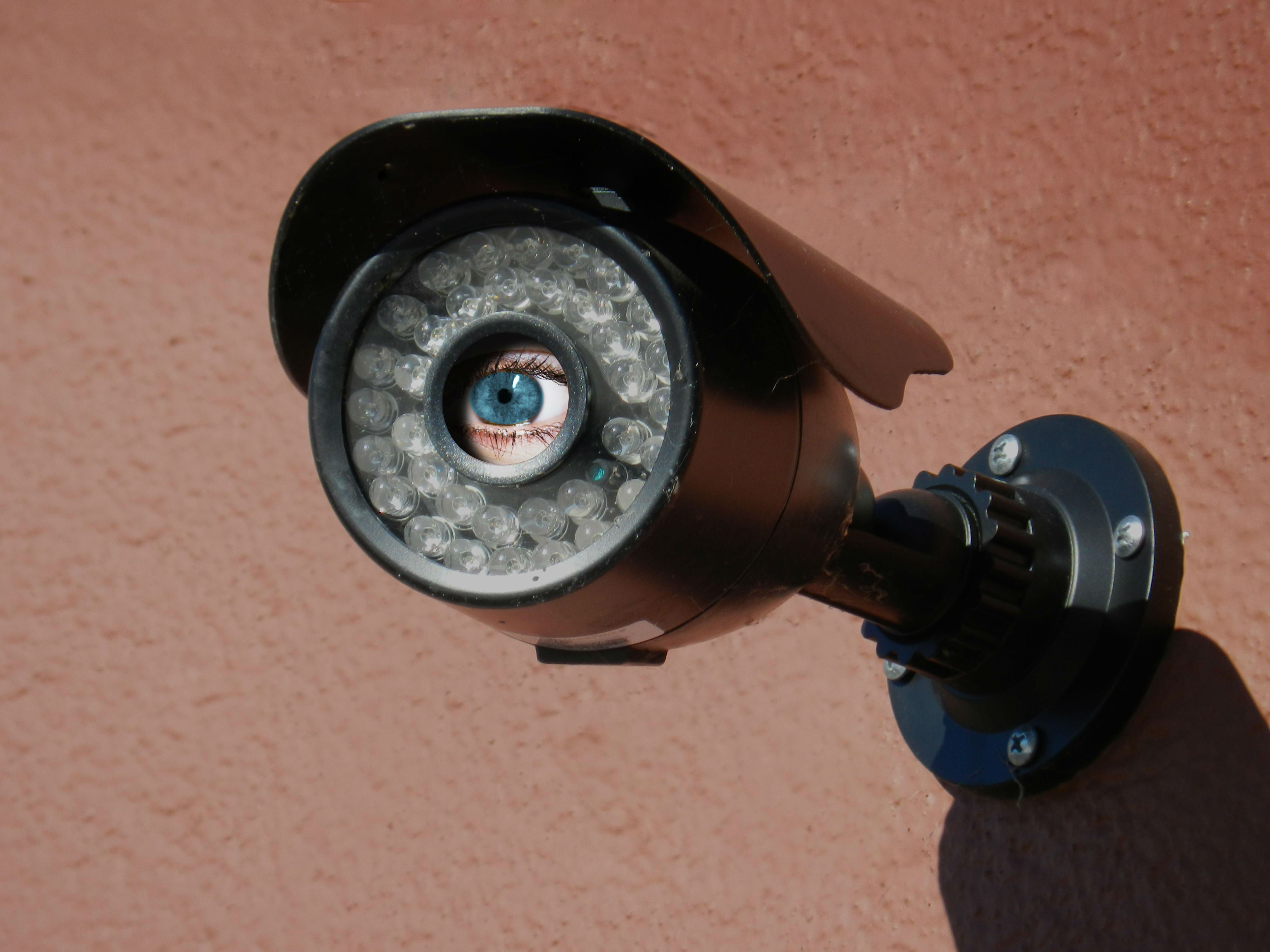Will Supreme Court Confront the Tough Issues in Upcoming Privacy Cases?

While the legality of the NSA’s spying program has not yet made it to the U.S. Supreme Court, the justices did recently agree to consider two important cases that impact the privacy rights of Americans. The key question now is whether the justices will actually confront the tough issues.
The two recently granted cases, United States v. Wurie and Riley v. California, both involve the authority of law enforcement to access the data stored on a cellphone without first securing a warrant. The Supreme Court last confronted similar issues in United States v. Jones, which involved the warrantless tracking of a suspect’s vehicle using GPS technology.
In the 2011 case, the majority held that installing the GPS constituted an unreasonable search under the Fourth Amendment of the U.S. Constitution. However, it reached its conclusion the old-fashioned way, by relying on centuries old law governing physical trespass. Thus, the Court largely sidestepped the larger issues of privacy in the digital age.
While Justice Sonia Sotomayor agreed with the majority’s decision, she authored her own concurrence, which highlighted that “it may be necessary to reconsider the premise that an individual has no reasonable expectation of privacy in information voluntarily disclosed to third parties.” Citing Maryland v. Smith, the interpretation of which has taken center stage in the lawsuits involving the NSA’s data collection programs, she further added: “This approach is ill suited to the digital age, in which people reveal a great deal of information about themselves to third parties in the course of carrying out mundane tasks.”
It is unclear if the justices will be able to sidestep the influence of technology on Fourth Amendment privacy issues this time around. In United States v. Wurie, police used evidence obtained from a cell phone call log belonging to a suspected drug dealer to secure a conviction. While the suspect was under arrest, police did not secure a warrant. Thus, the question the justices must address is “[w]hether the Fourth Amendment permits the police, without obtaining a warrant, to review the call log of a cellphone found on a person who has been lawfully arrested.”
In the state case, Riley v. California, police seized David Leon Riley’s cell phone during his arrest for driving with a suspended license. A warrantless search of its contents revealed gang activity that ultimately tied him to a shooting. He was subsequently convicted of shooting at an occupied vehicle, attempted murder, and assault with a semi-automatic weapon. The specific question before the Court is “[w]hether evidence admitted at [his] trial was obtained in a search of [his] cellphone that violated [his] Fourth Amendment rights.”
Oral arguments for both cases will likely take place in April with decisions issued in June.
Previous Articles
SCOTUS Decision in Bowe v. United States Is First of the 2026 Term
by DONALD SCARINCI on February 5, 2026
In Bowe v. United States, 607 U.S. ___ (2026), the U.S. Supreme Court held that Title 28 U.S.C. § ...
SCOTUS Rules State Can’t Immunize Parties from Federal Civil Liability
by DONALD SCARINCI on January 29, 2026
In John Doe v. Dynamic Physical Therapy, LLC, 607 U.S. ____ (2025) the U.S. Supreme Court held that...
Supreme Court to Address Racial Discrimination in Jury Selection
by DONALD SCARINCI onWhile the U.S. Supreme Court has concluded oral arguments for the year, it continues to add cases t...
The Amendments
-
Amendment1
- Establishment ClauseFree Exercise Clause
- Freedom of Speech
- Freedoms of Press
- Freedom of Assembly, and Petitition
-
Amendment2
- The Right to Bear Arms
-
Amendment4
- Unreasonable Searches and Seizures
-
Amendment5
- Due Process
- Eminent Domain
- Rights of Criminal Defendants
Preamble to the Bill of Rights
Congress of the United States begun and held at the City of New-York, on Wednesday the fourth of March, one thousand seven hundred and eighty nine.
THE Conventions of a number of the States, having at the time of their adopting the Constitution, expressed a desire, in order to prevent misconstruction or abuse of its powers, that further declaratory and restrictive clauses should be added: And as extending the ground of public confidence in the Government, will best ensure the beneficent ends of its institution.





